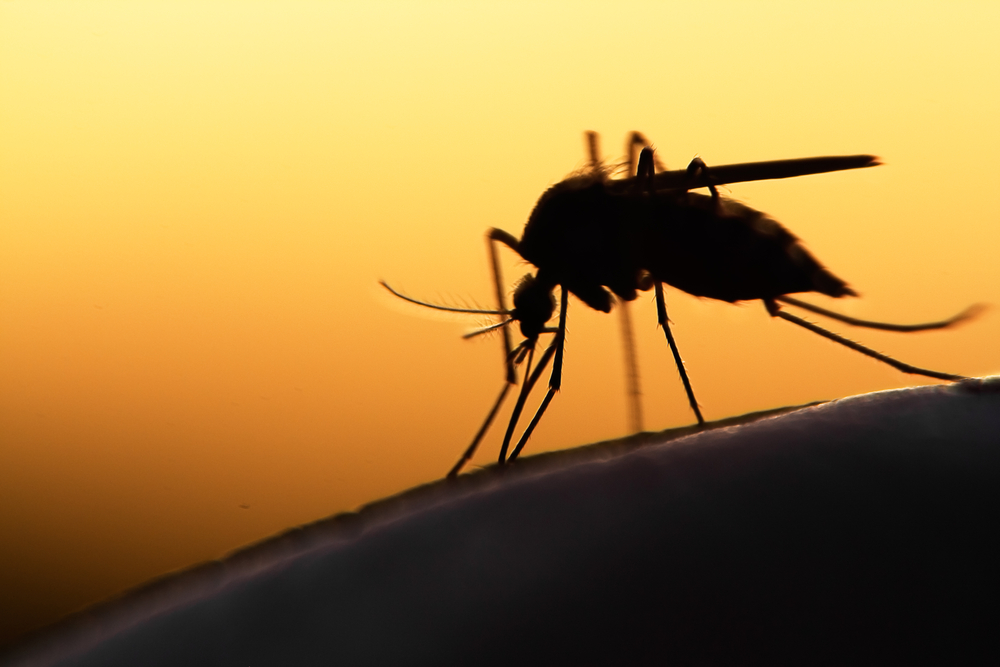
The University of São Paulo’s Biomedical Science Institute has created a line of genetically modified male mosquitoes with defective sperm, which could see deployment in the next year.
By deploying these lab creations en masse, scientists are hopeful they could help control outbreaks of dengue fever, chikungunya, Zika and yellow fever. They stress, however, that it can only do so in conjunction with other strategies, such as vaccine development and insecticide use.
“These GM males mate with wild females wherever they can, including places that aren’t accessible to human action,” Margareth Capurro, a professor at ICB-USP and principal investigator for the project, said. ”Owing to the defect introduced into their sperm, the eggs that result from their mating are nonviable, and this helps reduce the population of A. aegypti.”
The effort’s technology and research — funded by São Paulo Research Foundation and the International Atomic Energy Agency — will, in turn, be distributed by the United Nations to any of the 44 countries involved in mosquito control, free of charge. Its creators have declined to patent.
“Next summer, we embark on Phase 2, consisting of field cage tests,” Capurro said. “The mosquitoes will be confined in large cages with an area of 3 square meters immersed in a natural environment. The aim is to find out whether they can survive and mate in the presence of wind and rain. This is an important test, as genetic modification can induce undesirable traits as well as the traits of interest.”
Phase 2 trials will be conducted at Moscamed Brasil’s biofactory in Juazeiro, Bahia State. Phase 2 will consist of six to eight months of research surrounding several generations of the mosquitoes. If all goes well, a larger pilot could take place in late 2019 or early 2020, wherein some 500,000 genetically modified mosquitoes could be produced per week.




